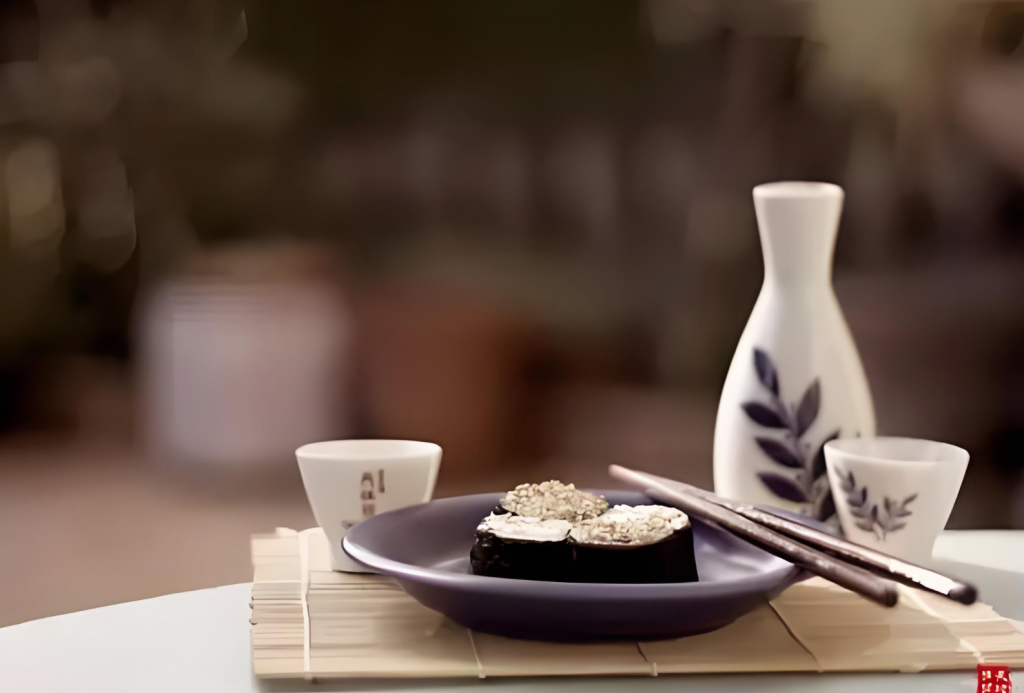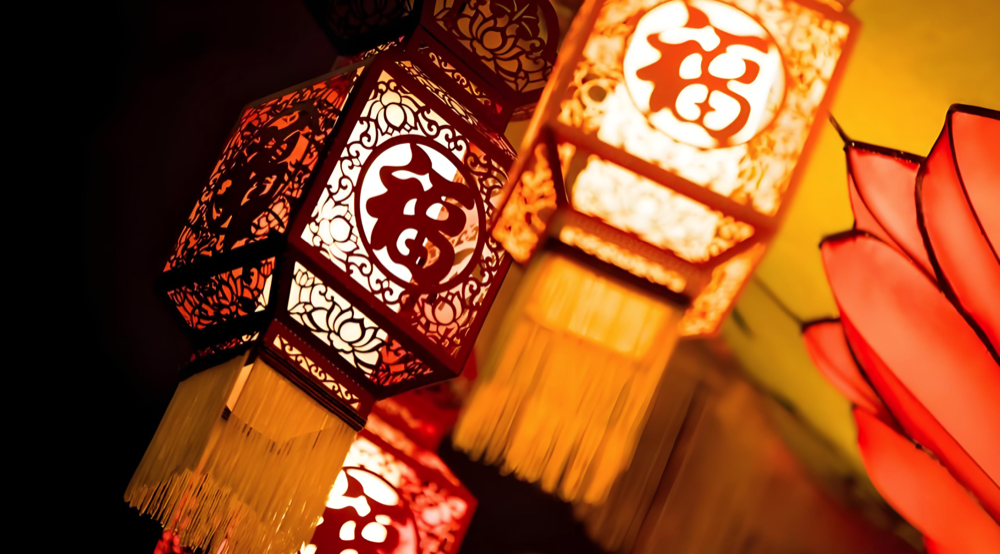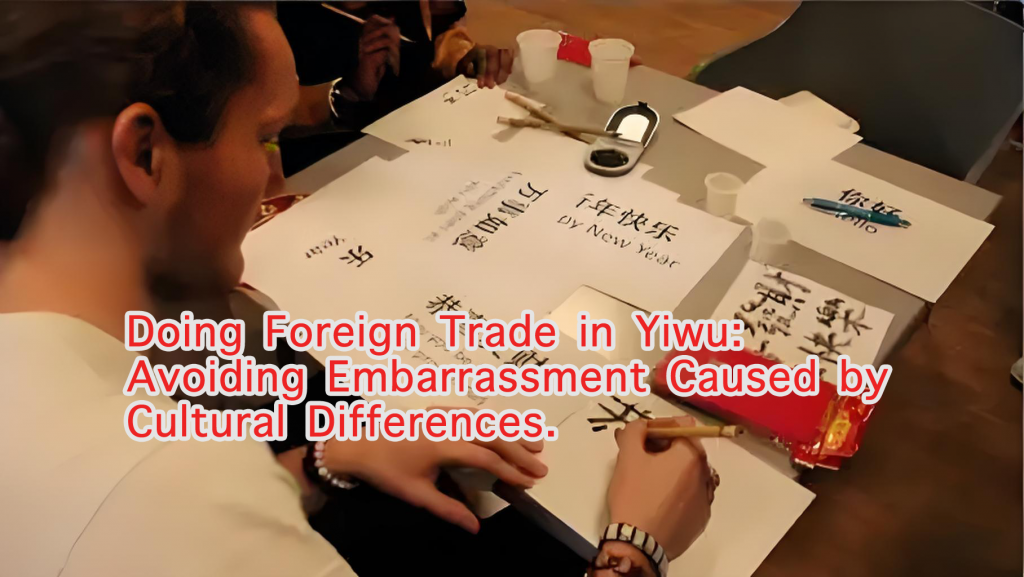Understand the local social etiquette and customs
Greetings: In Yiwu, locals generally use handshakes, nods, or simple greetings such as “Hello” (Ni Hao); Sometimes people are also referred to as’ Lao Ban ‘, especially in a business environment. Avoid direct intimate behavior or physical contact (such as kissing the cheek), which may make some people feel uncomfortable.
Etiquette details: Avoid overly direct expressions, especially during the first meeting, avoid asking personal questions excessively, and try to maintain polite conversation.

Precautions during dining
Table Etiquette: In China, especially in Yiwu, it is important to avoid inserting chopsticks, forks, or spoons vertically into the rice bowl during meals, as this is similar to the way they are placed during sacrificial ceremonies and may make locals feel disrespected. Try to place utensils by the edge of the bowl.
Hospitality and checkout: When you eat with Chinese friends, they usually compete to pay, and if you insist on paying, it may make them feel a bit uncomfortable, which can make them feel “embarrassed”. Generally speaking, taking turns entertaining guests is a common practice.

Cultural differences in business settings
Business etiquette: Punctuality and politeness are very important when dealing with Chinese suppliers or customers. Arrive at the meeting venue early or on time to avoid being late, especially for the first meeting. And when the other party says things like ‘I’ve been waiting for a long time’ or ‘How long have you been waiting?’, they should answer ‘I just arrived not long ago.’. When submitting business cards, it is best to use both hands and check the other person’s business card before putting it back in your own card folder, rather than casually putting it in your pocket.
Communication style: Chinese people are usually indirect in communication and do not refuse or criticize directly, so it is very important to understand their nonverbal cues (such as smile, silence, etc.). If someone gives a vague answer, be careful, it may be “I’m not sure” or “Not very convenient”.

Holidays and festive events
Spring Festival: Spring Festival is the most important festival in China, usually between the end of January and the beginning of February. Many shops will close early, and workers from other places will go home for the Chinese New Year. Therefore, if foreign friends come to Yiwu during this period, they may find that some shops are temporarily closed. Understanding this tradition can help you avoid wasting time.
Mid-Autumn Festival: Another important traditional festival, usually in September or October. Chinese people will eat moon cakes and get together with their families. Therefore, if you have Chinese friends, sending them moon cakes will be regarded as a kind of friendly interaction.

Sensitivity to religion and customs
Religious beliefs: Although Yiwu is a commercialized city, the overall religious beliefs in China are relatively diverse, but they are generally not excessively displayed publicly. Understanding some local customs, such as not making loud noises near temple fairs and not touching religious statues and take photos casually, can help you better integrate into the local society.
Traditional customs: For example, during the Chinese New Year, many families will “sweep the dust” to welcome the new year and avoid any unlucky activities (such as moving or surgery) before and after the Spring Festival. If you understand these, you can avoid touching on inappropriate situations.
